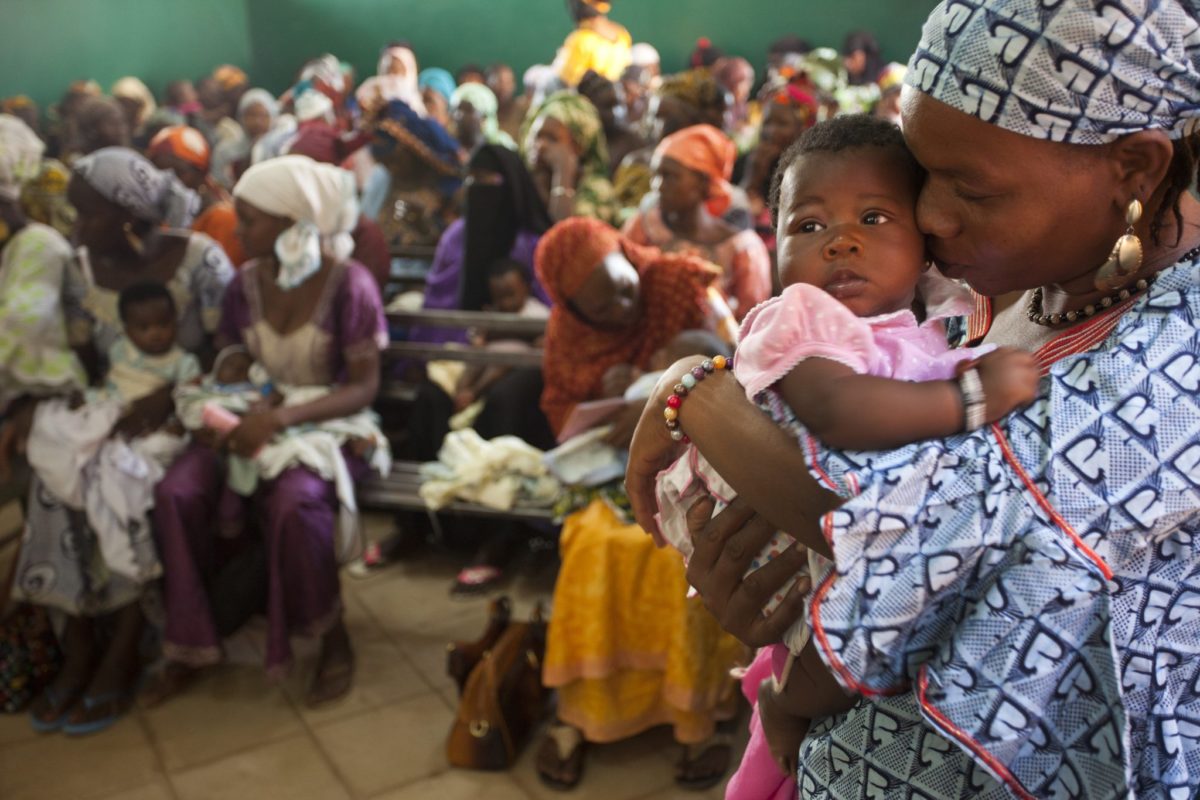New Report: Stress Changes Babies’ Brains and Primes Them for Obesity
Childhood obesity has more than tripled in the United States since the 1970s. Currently, almost 1 in 5 children aged 2-19 is obese, putting them at increased risk for chronic health conditions like asthma and diabetes.
The causes of childhood obesity are complex, but one often over-looked factor is stress. Poverty, food insecurity, abuse, violence, and unpredictable or unstable caregiver relationships are all stressors that can have a profound and long-lasting impact on a child’s developing brain, obesity risk, and life-long health. Babies and toddlers are especially vulnerable to the damaging effect of stress. Healthy Eating Research (HER) recently released a new research review on Stress in Early Life and Childhood Obesity Risk in order to develop a better understanding of the ways in which early life stress is associated with childhood obesity risk. Below are some key findings from the report:
- If a mom experiences acute or chronic stress before or during pregnancy it can impact the parts of her developing brain that protect against obesity, increasing the risk that the child will be obese in childhood and throughout life.
- Chronic stress and adversity in infancy and toddlerhood can change systems in the brain that regulate self-control, potentially leading to poor eating behaviors and obesity.
- Early stress also impacts the parts of the developing brain that control executive functions like working memory, flexible thinking and self-monitoring. Studies with young children have found that weakened executive function is linked to overweight and reduced ability to control and adjust how much is eaten.
The report also highlighted some of the ways in which poverty and food insecurity may lead to obesity-promoting diet practices. For example, young children often refuse new foods like fruits and vegetables between eight and 15 times before they are willing to eat them. One study showed that low-income families can’t afford to waste foods their children reject and are therefore more likely to purchase high calorie foods that their children will accept.
Families need support in order to combat the causes of early childhood stress and obesity. The HER researchers identified a number of programs and policies that can help families maintain stable and healthy home environments. Here are a few things families need in order to raise healthy kids:
- Access to federal food assistance programs that fight poverty and food insecurity, such as the Special Supplemental Nutrition Program for Women, Infants and Children (WIC)
- Access to affordable healthy food in their communities
- Access to affordable health care and mental health care services
Investments in the health and development of young children are investments in our nation. Protecting children from stress and adverse childhood experiences is a societal responsibility that will lower the cost of healthcare and lead to a more prepared and effective workforce in the long run. It is also the only way to ensure that every child in the United States gets a fair shot at achieving their full potential.
Click here to read the full report.




